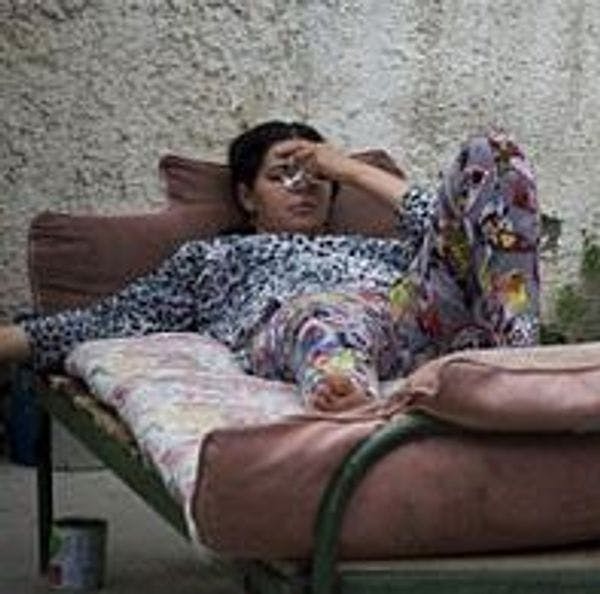Drug addiction in Iran: Women marginalised from services
Women are frequently marginalized from harm reduction services in Iran despite the growing number of females battling problematic drug use. A handful of media organizations recently ran the story of a "rising" number of women in Iran addicted to drugs, drawing attention once again to an issue that piqued the press' interest earlier last year.
Accurate figures on people suffering from addiction in Iran are notoriously difficult to come by, thoughThe Washington Post reported last May that Iran's Drug Control Headquarters put the number at around 3 million, of which 700,000 are women. Most jarring among the statistics is the fact that the number of female problematic users has doubled in a two-year period.
Opium and its derivatives, along with crystal meth, or Shisheh (meaning “glass”), are the most popular drugs among Iranian women. Targeting the country's flourishing female middle class, the selling of under-the-counter meth as a slimming aid even used to be relatively widespread among beauty salons until a crackdown in the past couple of years. And, this phenomenon of course says nothing of society's marginalized -- homeless women, sex workers -- who suffer from addiction.
One might imagine that given Iran's track record on drug policy -- the country has some of the most draconian measures in the world and still imposes the death penalty for drug offenses -- services for those addicted would be virtually non-existent. Somewhat surprisingly, this is not always the case, with harm reduction programs such as needle exchanges, opioid substitution, and rehabilitation centers all available, if only on a small-scale.
However, many of these initiatives have been designed solely with the male population of drug users in mind, making them extremely hard to access for women. Drug use -- particularly addiction -- in any society is typically faced with stigma and discrimination, but for Iranian women this is amplified considerably.
Click here to read the full article.
Read more about this issue.
Keep up-to-date with drug policy developments by subscribing to the IDPC Monthly Alert.
Regions
Related Profiles
- Talking Drugs
